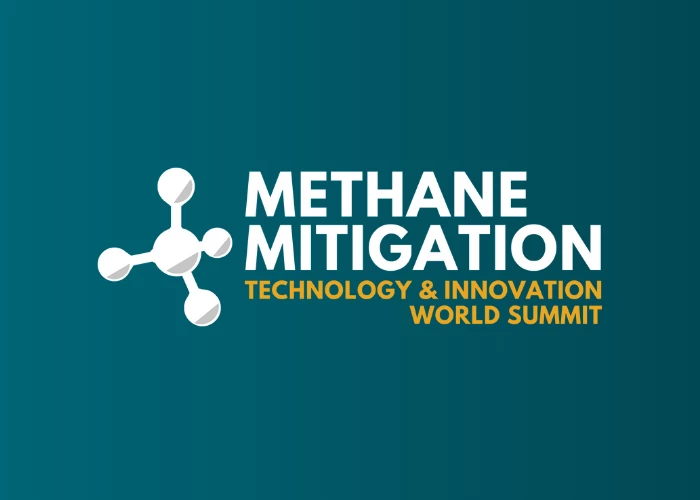Knowledge and Information Management for the Oil and Gas Industry
Add bookmark[eventpdf]
Knowledge and information management is essential for the upstream oil and gas industry. Core workers within the industry are likely to retire in the coming years, which, if not managed properly, could lead to a knowledge gap in the industry.
Economic conditions remain tough, meaning companies are going to have to explore ways to use their information to maximise their corporate returns.
Particularly in the United States, developments within the industry following the Deepwater Horizon disaster are also likely to impact on information and knowledge management practices in the country.
National incident commander Admiral Thad Allen has spoken about how knowledge management can help improve safety within the Gulf of Mexico.
BP has long been recognised as a leader in the upstream oil and gas industry in terms of knowledge management. However, since the disaster, there are those who have speculated that issues with knowledge management could have contributed to the incident.
Regardless of whether these assertions prove to be unfounded or not, Nick Milton, of knowledge management firm Knoco, wrote on his blog: "A goal for knowledge management will be to make sure that watever [sic] it was, it never ever happens again, to anyone, anywhere."
Implementing a Knowledge Management Strategy
Dr Ivor R Ellul, chief executive officer of Knowledge Reservoir, a consulting firm for the upstream oil and gas industry, believes: "With the exponential growth in technology, there's no excuse for businesses of any size to not implement a knowledge management strategy."
The company recently announced the development of a new service which allows members of the upstream oil and gas industry to develop WikiPortals.
The WikiPortal has recently been adopted by an international integrated energy company in Texas, to keep a transferable database of reservoir engineering techniques. Initial content is developed by geosciences and engineering professionals, before being added to and changed over time by members of the wiki community.
Ellul said: "The bottom line for our clients is better information and smarter decisions, from both an organisational knowledge capture perspective and as an aid to training a transitioning workforce."
Filling the need for more information following the Gulf of Mexico disaster, the company is also looking to incorporate wiki pages into its ReservoirKB sourcebook, which contains information on over 290 fields.
Knowledge Management in the Deepwater Horizon Response
Admiral Thad Allen, national incident commander at the Deepwater Horizon Joint Information Centre, said that the response team is planning to use knowledge management practices to improve the safety of the Gulf of Mexico for the upstream oil and gas industry.
In a press briefing at the beginning of September, Admiral Allen said that subsea oil monitoring is now being conducted by academic institutions, the Environmental Protection Agency and the National Oceanic and Atmospheric Administration, and plans are to bring this data together "to come up with a comprehensive hydrocarbon monitoring plan."
"My goal was to take all the extensive efforts that are going on and see if we could unify them into a comprehensive knowledge management-based picture of the Gulf of Mexico as it relates to the presence of hydrocarbons in the water column," the Admiral said.
All data relating to hydrocarbon reserves in the Gulf is to be brought together to provide a picture that can be used to draw conclusions about the region from.
"Moving forward, this will allow us to better understand what kind of threat remains out there and this will also set the stage for long-term natural resource damage assessment and any long-term sampling requirements that might need to be carried out under the shift to the natural resources damage assessment," he added.












